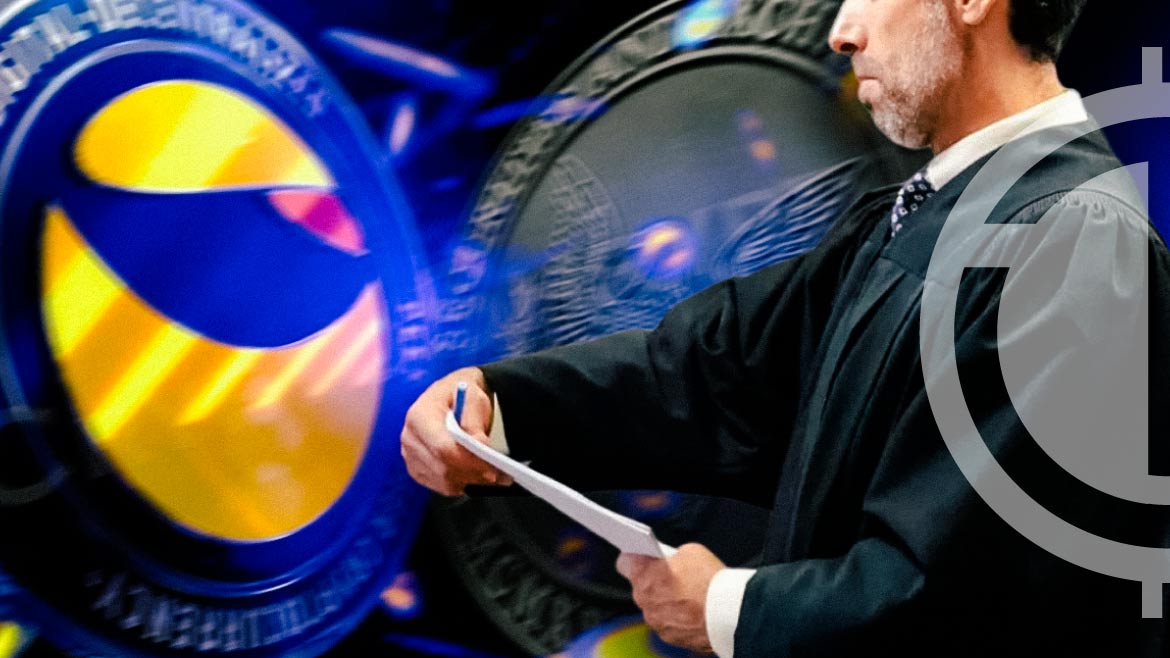- The judge overseeing the SEC’s case against Terra and Do Kwon has rejected the XRP ruling from the Ripple case.
- New York Judge Jed Rakoff has allowed the SEC to proceed with its fraud lawsuit against Kwon and Terra.
- Kwon previously cited the XRP ruling in an attempt to get the SEC’s lawsuit against him dismissed.
U.S. District Judge Jed Rakoff recently rejected the Ripple ruling passed by fellow federal Judge Analisa Torres, which stated that the XRP sold on secondary markets to retail investors did not qualify as securities. The rejection came after Judge Rakoff allowed the Securities and Exchange Commission (SEC) to proceed with fraud charges against Terraform Labs and its disgraced co-founder Do Kwon.
In February 2023, the SEC sued Do Kwon and Terraform Labs and charged them with orchestrating a multi-billion dollar crypto asset securities fraud. At the time, the SEC alleged that Terra facilitated the sale of multiple security tokens like UST, MIR, and LUNA. Violations of U.S. securities laws were a major element of the SEC’s lawsuit.
However, following the summary judgment by Judge Analisa Torres in the SEC’s lawsuit against Ripple, XRP’s sale to retail investors on secondary markets was deemed a non-securities offering that did not constitute an investment contract. Do Kwon’s lawyers cited the XRP ruling when they entered a motion to dismiss the SEC’s lawsuit earlier this month.
According to a report by Reuters, New York Judge Jed Rakoff rejected the XRP ruling by fellow Judge Torres and denied the motion to dismiss the SEC’s lawsuit. Speaking on the XRP ruling which the crypto community considered a crucial precedent, Judge Rakoff stated:
The court declines to draw a distinction between these coins based on their manner of sale, such that coins sold directly to institutional investors are considered securities and those sold through secondary market transactions to retail investors are not.
While the decision to allow the SEC to pursue the lawsuit would come as a relief for Terra’s victims, the rejection of the precedent set by Judge Torres may not be in the best interest of the border crypto industry. Data from CoinMarketCap showed a visible decline in XRP, which was trading at $0.68 at the time of writing.












